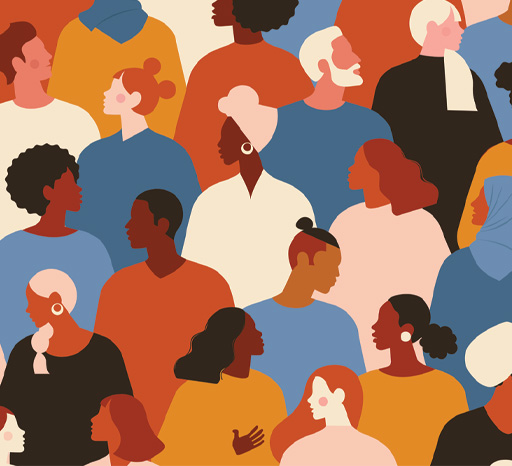2 Historical legacy of corporate power on Black people
The murder of George Floyd in 2020 and Black Lives Matter protests across the world not only focused minds on policing in multi-ethnic societies, but posed profound questions concerning the legacy of slavery and colonialism. While the colonial empires were responsible for the political dispensation of slavery and colonialism, business played its part and had questions to answer. Unsurprisingly, some big businesses undertook an audit to examine how their wealth was accumulated during the slavery and colonial eras.
Lloyds Bank apologised for its ‘shameful’ role and pledged to fund opportunities for young Black and ethnic minority people; the Bank of England apologised for its ‘inexcusable connections’ with slavery; and Greene King, one of the leading UK pub chains and brewers apologised for one of its founders’ profits from slavery (Faulconbridge and Holton, 2020).
The business and corporations’ pledge to support opportunities for Black people and other racialised communities is a welcome development in addressing racial inequalities. As a matter of justice, racial equality means at a minimum parity of participation; it ‘requires social arrangements that permit all to participate as peers in social life’ (Fraser, 2005). You will now explore the difference between racial equality and racial equity.

